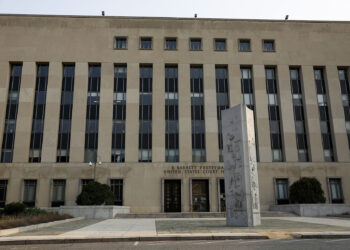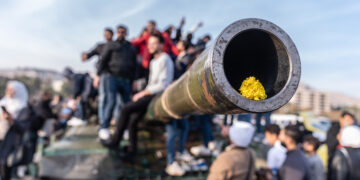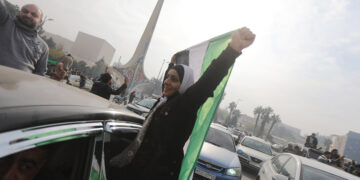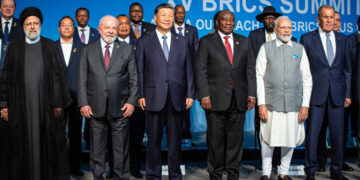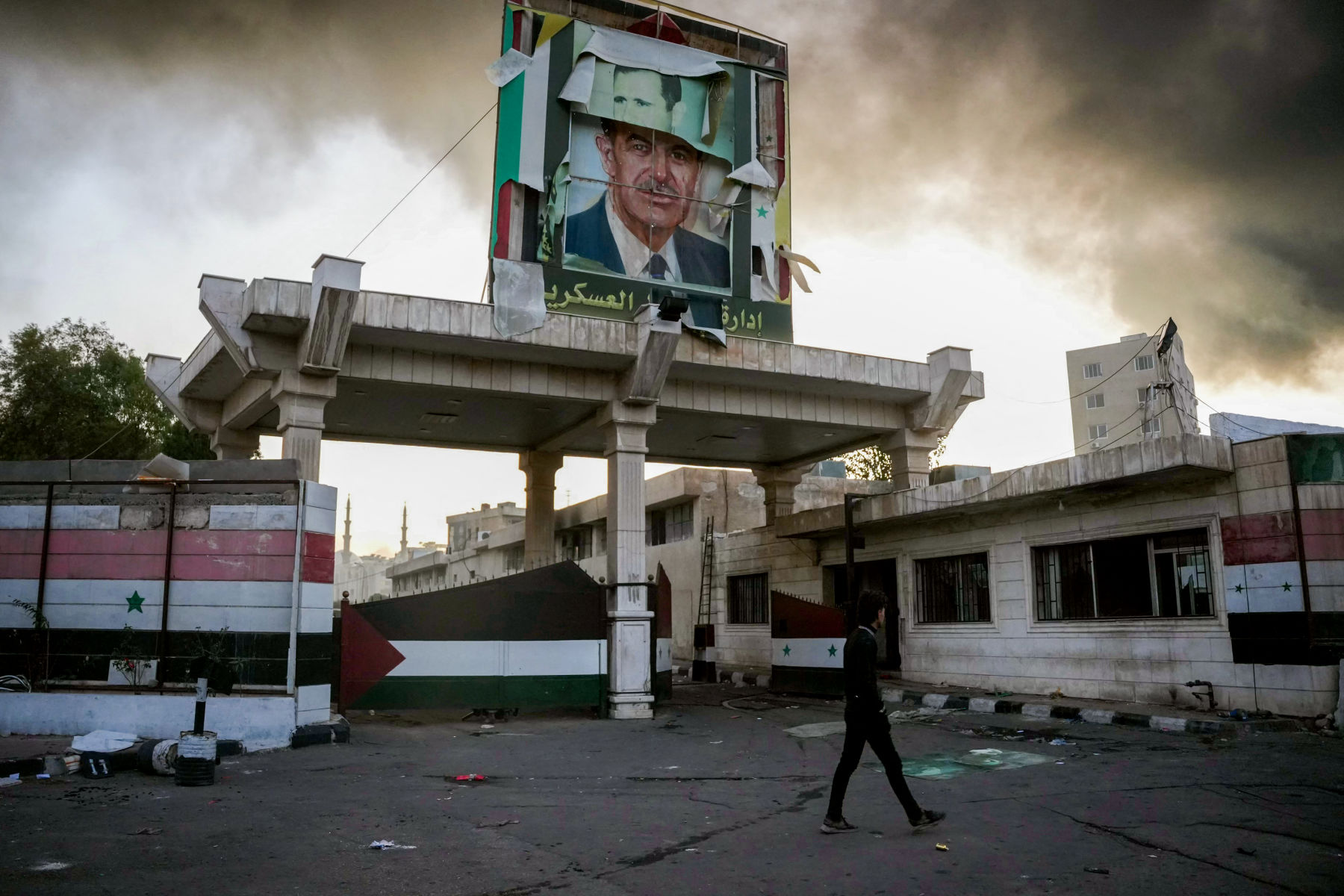Sarah Leah Whitson is the Executive Director of DAWN.
Published in Hyperallergic, March 14, 2023
When Pittsburgh's Andy Warhol Museum recently loaned artworks for a new show in Saudi Arabia's new arts center in AlUla, Fame: Andy Warhol in AlUla, commentators debated whether or not the museum should have agreed to work with the Saudi government. But "should they or shouldn't they" is the wrong question. Actually, it's a faulty, blunt, yes-or-no proposition that is far harder to answer than the real question: Under which conditions should an art museum ethically and responsibly do business with, and loan its artworks to, a repressive, deeply authoritarian government headed by a sociopathic "royal" dictator who has carried out some of the grossest abuses in the world?
It may come as news to some in the art world that even art institutions have human rights responsibilities, as detailed in the United Nations Guiding Principles on Business and Human Rights, as well as the UN's Ten Principles of the Global Compact and the organization's Sustainable Development Goals. In essence, these responsibilities require museums doing business in a place like Saudi Arabia to consider whether they are contributing to human rights abuses and what steps they should take to remedy the adverse impacts of their activities.
It's no secret that the government of Saudi Arabia has one of the worst human rights records in the world. The Saudi government has indiscriminately and deliberately bombarded civilians in Yemen for the past eight years and imposed a land, air, and sea blockade on the country that has cost the lives of half a million Yemenis and reduced millions more to the brink of starvation. It has jailed Saudi activists, writers, and even mere social media users to dozens of years in prison for expressing the mildest of criticism, including two Saudi women jailed for 45 years and 34 years, for just a few tweets. Last month, a Saudi court increased the sentence against an American citizen who made the mistake of visiting the country to 19 years in prison. His crime? Fourteen tweets from Florida criticizing Crown Prince Mohammed bin Salman (MBS). MBS's most infamous crime, of course, was the abduction, torture, and murder of Washington, DC resident Jamal Khashoggi in the Saudi consulate in Istanbul. More than four years since the journalist's murder, the Saudi government has still not revealed where they've hidden his remains. Recently, the government also issued a new "Personal Status Law" codifying the country's family laws for the first time, but sadly retaining the worst provisions against women, requiring they obtain a male guardian's permission to marry, receive some medical procedures, or leave a detention center, and subjecting them to severe discrimination in divorce and child custody.
Many seeking to justify doing business with Saudi Arabia, which, after all, is one of the richest countries in the world, cite the profound changes in the country that Saudi's new leader has ushered in: Allowing women to drive and appear unveiled in public; abolishing the religious police; and allowing, well, fun in the country like movies, concerts, and art shows. These changes are commendable, but they do not absolve the government's or MBS's heinous crimes, any more than Harvey Weinstein's commitment to indie films is a defense to his rape of women. The Saudi government is well aware of its disastrous reputation, and that's precisely why it has invested billions of dollars in lavish, blingy, and loud sports, fashion, and entertainment projects at home and abroad, with hopes that it can sports-wash, fashion-wash, and art-wash its bloody record.
There should be no illusion that the handsome paycheck to the Warhol Museum and the over-the-top perks Patrick Moore and his staff are no doubt enjoying are paying only for Warhol's fine artworks. What the Saudi government is really paying for — and what the Warhol museum is actually selling — is legitimacy, credibility, and support for its government *despite its gross abuses*. This is how the Warhol Museum contributes to the Saudi government's abuses, playing its role in an elaborate smoke and mirrors scheme designed to have us look away from the women's rights activists tortured and languishing in prison, the 26 children in Sanaa blown to bits by a Saudi bomb targeting their school bus, the Saudi preacher facing the death penalty for calling for peace, and more.
Instead of brushing off criticism by superficially claiming to support "cultural exchange," the Warhol Museum should have done honest and serious due diligence on the human rights impact of its exhibition, considered how it could remedy or at least ameliorate the harms to which it would unavoidably contribute, and fostered a genuine public conversation, including with activists from Saudi Arabia. Deciding to go forward with the show should have been the start of such a discussion, not the end of it.
One important way to address the harms of such a show would have been to actually think about how the museum could support the human rights of Saudi's most vulnerable communities with content that could enrich the Saudi public's understanding of these issues. The extremely stigmatized and legally sanctioned LGBTQ+ community would be a natural focus, given Warhol's own experience as a gay man who lived through a time discrimination against LGBTQ+ people was enshrined in law. Informing a Saudi audience to understand Warhol's work as deeply rooted in his identity and experience could have been a great starting point, and a genuinely positive, meaningful contribution to the "discourse, education and cultural exchange" Mr. Moore cites in defense of the show. Instead, it appears that he cherry-picked the most superficial, least demanding of Warhol's works, focused on "celebrity" and "Hollywood stars," in what can only be described as an egregious exercise in self-censorship, effectively submitting to the Saudi government's restrictions on free expression.
There are really myriad approaches the Warhol Museum could have considered to address some of the harms of its complicity in arts-washing, avoiding the straw-man, deadening "either/or" formulation. Artists, curators, and museums have no particular responsibility to speak out or condemn any and all abuses by a foreign government. But when a government's daily abuses undermine the very principles and purpose of art — to foster creativity, free expression, and universality — and a museum finds itself a tool of such abuses, it's time to pause and, at minimum, find ways to reaffirm your human rights principles. The very least obligation we have, Mr. Moore, is to do no harm.


























